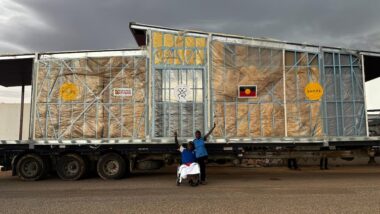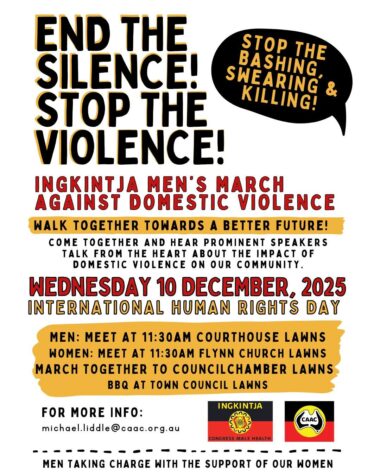

The National Indigenous Health Leadership Alliance (NIHLA) welcomes all commitments to improve the effectiveness, accountability, and outcomes of government investment in Closing the Gap.
We acknowledge Shadow Minister for Government Efficiency and Indigenous Australians, Senator Jacinta Nampijinpa Price’s recent remarks about auditing expenditure and identifying inefficiencies in the Indigenous affairs portfolio, including a call for a “reset” of the Closing the Gap agenda. As Aboriginal and Torres Strait Islander organisations working across all levels of the health system, we are also frustrated with the lack of meaningful progress. Progress has been held back by inconsistent implementation of government commitments under the National Agreement on Closing the Gap. NIHLA agrees that public expenditure must deliver measurable improvements in the lives of Aboriginal and Torres Strait Islander peoples.
Any review of the National Agreement on Closing the Gap must be comprehensive and impartial. It must examine all funding streams — including those going to both Indigenous and non-Indigenous organisations — that claim to contribute to Closing the Gap. A focus on efficiency must not come at the cost of equity, cultural safety, or self-determination.
As repeatedly affirmed in the 2024 Productivity Commission’s review and this year’s Close the Gap Day Report, the primary barriers to progress are not a lack of funding — but systemic failures in how that funding is governed, allocated, and delivered. We reiterate the findings of the Productivity Commission:
- Government processes must change. The “business-as-usual” approach has failed.
- Self-determination and genuine partnerships with Aboriginal and Torres Strait Islander organisations are non-negotiable.
- Strengths-based approaches that place community-led solutions at the centre are key to achieving sustainable progress.
We call on all political leaders, regardless of party, to ensure that reforms to Indigenous Affairs are guided by the principles embedded in the National Agreement — especially the four Priority Reform Areas, including shared decision-making, building the community-controlled sector, transforming government institutions, and improving data and accountability. Success will depend on governments and departments working in genuine partnership with Aboriginal and Torres Strait Islander leaders and organisations. That requires long-term investment, trust, and a shift in how policy is co-designed and delivered.
As Karl Briscoe, NIHLA Chair, recently stated: “Where Aboriginal and Torres Strait Islander peoples have driven the implementation of the Priority Reform Areas in our communities, we have seen real progress. This demonstrates the power of our leadership when governments listen, trust, and act in good faith.”
NIHLA remains committed to working with governments of all stripes to ensure that taxpayer investments in Indigenous affairs are not only efficient — but effective, culturally safe, and community-driven. A smarter, stronger approach will only be possible if governments commit to co-designing solutions with Aboriginal and Torres Strait Islander peoples and hold all recipients of funding to the same standards of transparency, performance, and respect.
We wish to remind the public and media outlets of the importance of responsible and culturally respectful reporting when it comes to issues affecting Aboriginal and Torres Strait Islander communities. This includes adhering to the Good Yarn Guidelines and ensuring that crisis support services are promoted effectively.
About us:
The National Indigenous Health Leadership Alliance, formerly known as the National Health Leadership Forum, is a partnership of Aboriginal and Torres Strait Islander health and wellbeing organisations, whose purpose is to drive systemic and structural change of the mainstream health system, including institutional racism in alignment with the National Agreement on Closing the Gap, the National Aboriginal and Torres Strait Islander Health Plan and the National Aboriginal and Torres Strait Islander Health Workforce Strategic Framework. As a partnership we hold expertise across health, aged care and disability politic and service delivery, as well as workforce, research, organisational and business development, healing, mental health, and social, cultural and social emotional wellbeing.
Contact details:
Colleen Gibbs, NIHLA, Executive Officer, [email protected] 0447 277 202



